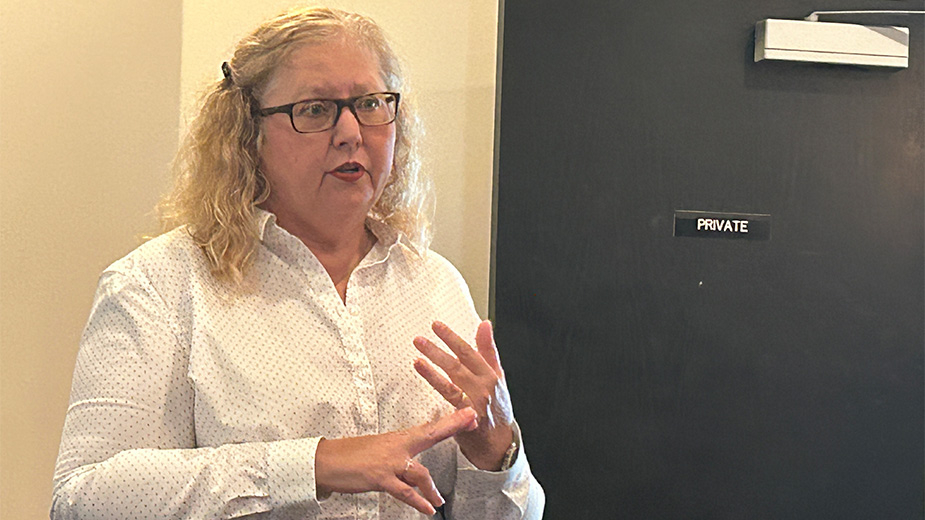Home Savings Webinar Nov. 15 Outlines ‘An Estate Plan For Us All’
YOUNGSTOWN, Ohio – Estate planning can be a difficult topic to broach. But Karen Cohen, vice president and trust officer at Home Savings Bank, says it’s better to have the conversation as soon as possible rather than waiting until it’s too late.
“Most people don’t want to think about their own mortality. And if something happens to them, they’ve left a mess behind,” Cohen says. “It’s much more public process for the family to deal with if plans aren’t in place. Don’t mix finance with family.”
Cohen says dealing with estate planning well in advance avoids unexpected obstacles and issues for beneficiaries. And for those who don’t have children, there are significant ways to direct their assets.
“A lot of people who don’t have children give a sizable amount of their estates to charity, and we can plan that with them,” Cohen says.
With 28 years of estate-planning expertise, Cohen, a certified public accountant, is well versed in navigating the challenges and issues. At 1 p.m. Nov. 15, she will share her knowledge as Home Savings Bank and The Business Journal host “An Estate Plan for Us All” webinar.
During the webinar, Cohen will discuss misunderstood aspects of estate planning such as asset ownership, beneficiary designations, the probate process and the use of trusts. Her objective is to dispel many myths about the process as well, she says.
“I’m there to make clients comfortable and to get their estate where they want it to go. At Home Savings Bank, we could be taking care of their families for generations,” she says.
The topic of step-up-in-basis often plays a role in inheritance, she notes. Step-up-in-basis is the readjustment of the basis of an appreciated asset for tax purposes upon death.
“When we have assets that have highly appreciated during an individual’s lifetime, we might not want to give them away until after death. Things like stock, your house, businesses – they get a step-up in basis,” Cohen says. Taking advantage of the step-up benefit will save income tax when the beneficiaries dispose of the property they have inherited, she explains.
When dealing with some assets, Cohen says establishing a trust is often the solution to more tricky situations.
“Depending on the situation the client is in, it can be a difficult process. But a trust can help in significant ways,” she says.
A trust gathers assets and “gets them where you can see them” to manage them more effectively, she explains. Additionally, a trust can provide asset protection against creditors and can control the distribution of income to beneficiaries over many years to come.
With changes from the Tax Cuts and Jobs Act taking effect, she encourages everyone to take part in the Nov. 15 webinar and begin their estate planning process sooner rather than later.
“Exemption from estate tax is now $11,180,000 per person. Less than 1% of the population will need to worry about estate tax. This makes people think they don’t have to worry about their estate just because they don’t have a tax problem,” Cohen says.
“There’s no one this webinar is not for – this is estate planning for us all,” she continues. “We all need to understand how the titling of assets affects how they flow, whether your will controls them, and if not, who they will end up with.”
For more information on An Estate Plan For Us All and to register for the webinar, go to businessjournaldaily.com/webinars/an-estate-plan-for-us-all/.
Copyright 2024 The Business Journal, Youngstown, Ohio.



